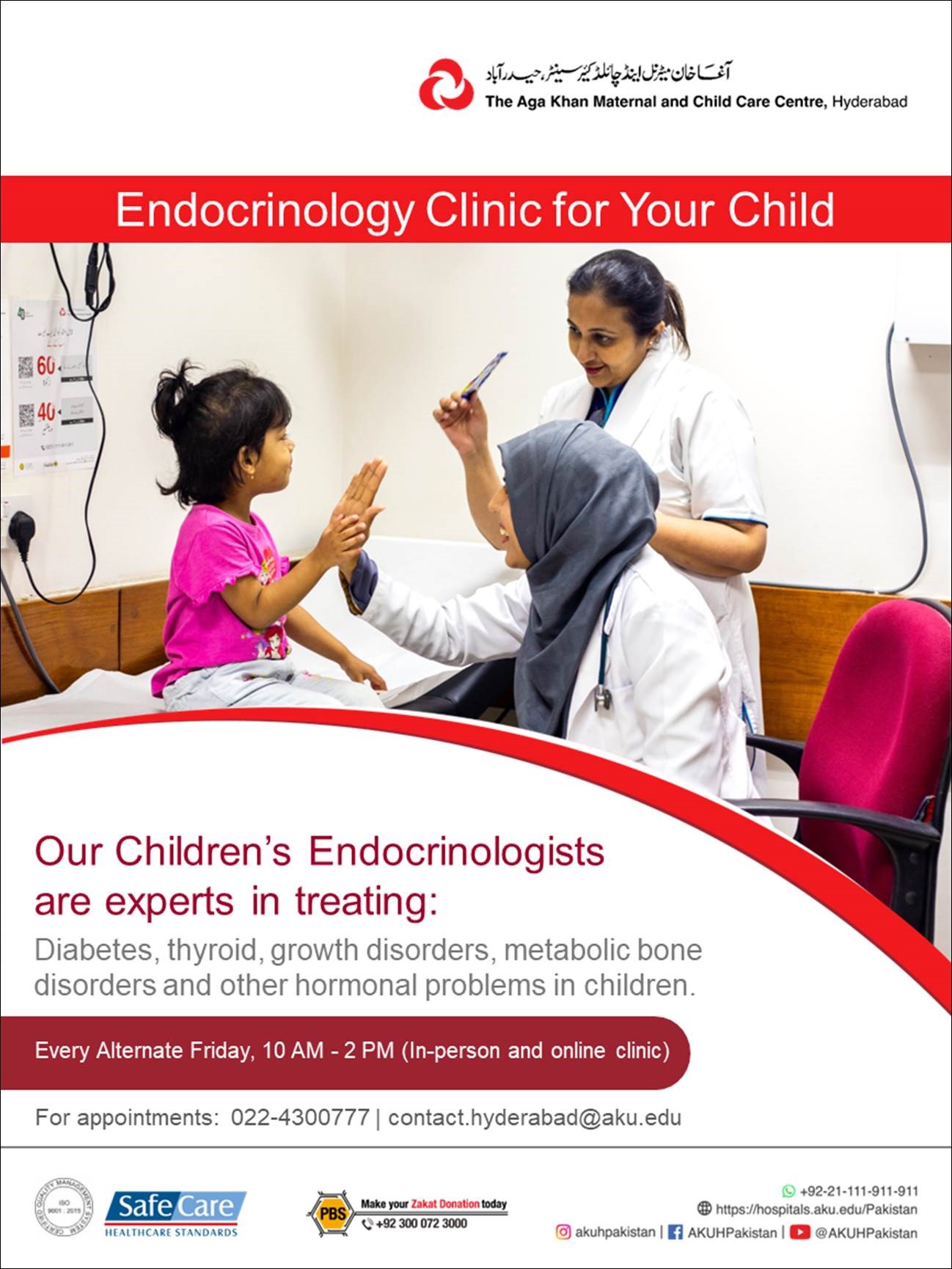Endocrine effects of cancer treatment in children
Cancer treatments in children, such as chemotherapy and radiation, can have significant effects on the endocrine system.
Cancer treatments can damage or disrupt the functioning of endocrine glands, leading to several long-term effects. Cancer treatment in children can have a variety of endocrine effects, which can vary depending on the type and dose of treatment, as well as the child's age and overall health.
Some of the most common endocrine effects of cancer treatment in children include:
Growth failure: Cancer treatment can damage the pituitary gland, which is responsible for producing the growth hormone. This can lead to growth failure in children.
Treated with growth hormone injections.
Delayed puberty: Cancer treatment can damage the hypothalamus and pituitary glands, which are involved in the regulation of puberty. This can lead to delayed puberty in children.
Treated with hormone therapy to induce puberty

Thyroid problems: Cancer treatment can damage the thyroid gland, which is responsible for producing thyroid hormones. This can lead to hypothyroidism (underactive thyroid gland) or hyperthyroidism (overactive thyroid gland).
Treated with thyroid hormone replacement medication and in the case of hyperthyroidism, medication to block the production of thyroid hormones.
Adrenal insufficiency: Cancer treatment can damage the adrenal glands, which are responsible for producing cortisol and other hormones. This can lead to adrenal insufficiency, which is a condition in which the body does not produce enough of these hormones.
Treated with cortisol replacement medication
Diabetes mellitus: Cancer treatment can damage the pancreas, which is responsible for producing insulin. This can lead to diabetes mellitus, a condition in which the body does not produce enough insulin or does not use insulin properly.
Treated or managed with insulin injections or an insulin pump to deliver insulin to the body. Children will need to follow a special diet and exercise regularly.
In addition to these specific endocrine effects, cancer treatment can cause general endocrine disturbances, such as changes in metabolism, appetite, and weight.
It is important to monitor children who have received cancer treatment for endocrine problems. This can be done through regular blood tests and physical examinations. If endocrine problems are detected, they can be treated with medication and/or other therapies.


